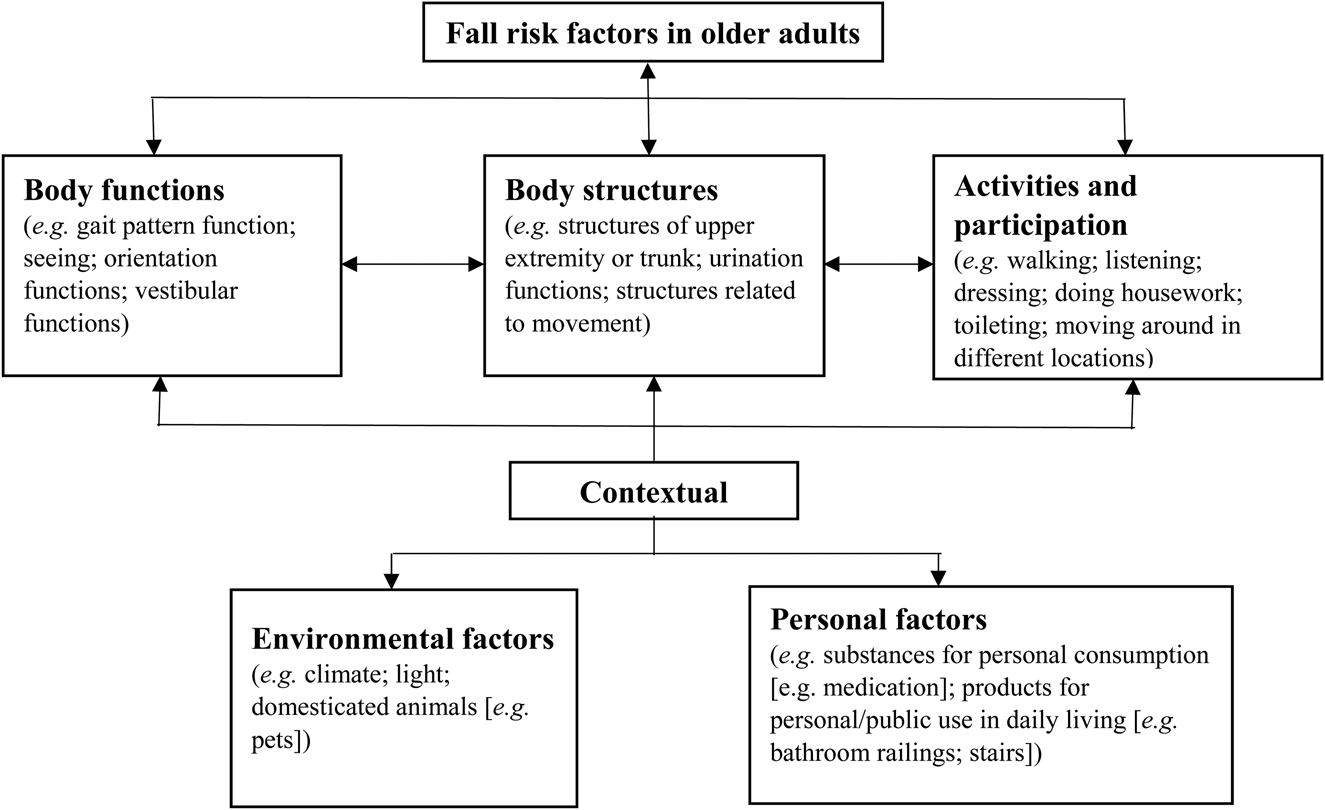The Basic Principles Of Dementia Fall Risk
The Basic Principles Of Dementia Fall Risk
Blog Article
The Ultimate Guide To Dementia Fall Risk
Table of ContentsExcitement About Dementia Fall RiskHow Dementia Fall Risk can Save You Time, Stress, and Money.Dementia Fall Risk for DummiesThe Dementia Fall Risk DiariesThe 10-Minute Rule for Dementia Fall Risk
You could be anxious because you have actually had a fall prior to or due to the fact that you've noticed you're beginning to feel unsteady on your feet. You could have discovered adjustments to your health, or simply feel like you're reducing a little. Whatever the factor, it isn't unusual to end up being mindful and shed self-confidence, and this can quit you doing the important things you made use of to do and make you really feel extra isolated.If you have actually had a fall or you've begun to really feel unsteady, inform your medical professional even if you feel great or else. Your doctor can inspect your equilibrium and the way you walk to see if enhancements can be made. They might have the ability to refer you for a falls danger analysis or to the drops avoidance service.
This info can be gotten with interviews with the individual, their caregivers, and a testimonial of their medical records. Begin by asking the private regarding their history of falls, consisting of the regularity and circumstances of any recent falls. Dementia Fall Risk. Ask about any movement issues they might experience, such as unstable or problem walking
Conduct an extensive testimonial of the person's drugs, paying specific interest to those understood to raise the threat of drops, such as sedatives or drugs that reduced blood stress. Figure out if they are taking several drugs or if there have actually been recent modifications in their medication regimen. Evaluate the individual's home setting for possible threats that can boost the danger of falls, such as poor lighting, loosened rugs, or lack of grab bars in the bathroom.
An Unbiased View of Dementia Fall Risk
Overview the individual through the autumn threat analysis form, describing each inquiry and recording their actions properly. Compute the complete risk score based on the actions given in the analysis form.
This plan may include exercise programs to enhance stamina and equilibrium, drug changes, home alterations, and references to other specialists as needed. Consistently monitor the individual's progress and reassess their threat of falls as required. Modify the treatment plan based on changes in their health condition or home atmosphere. Supply recurring education and support to advertise safety and decrease the danger of falls Full Article in their daily living tasks.
Lots of studies have revealed that physical treatment can help to minimize the risk of falling in grownups ages 65 and older. In a brand-new study (that checked out drops danger in ladies ages 80 and older), scientists calculated the economic effect of picking physical therapy to avoid drops, and they found that doing so saves $2,144, including all the concealed prices of your time, pain, missed life occasions, and the bucks spent for solutions.
The Main Principles Of Dementia Fall Risk
Analyzing your balance, strength, and strolling capability. A home security assessment. Based on the examination results, your physical therapist will certainly create a plan that is customized to your certain needs.
Older grownups who have trouble walking and chatting at the same time are at a greater danger of dropping. Dementia Fall Risk. To assist increase your safety throughout daily tasks, your physical therapist might design a training program that will challenge you to keep standing and walking while you do one more task. Examples consist of walking or standing while counting backwards, having a discussion, or bring a bag of groceries
Your physical therapist likewise can recognize which tasks you should stay clear of to remain risk-free. Community-based drops avoidance programs aid people to: Lower their fear of dropping. Establish objectives for increasing their physical activity. Make their homes more secure. Exercise much more to raise their strength and equilibrium. These programs commonly are led by volunteer trains.
Dementia Fall Risk Can Be Fun For Everyone

Measles, or rubeola, is an extremely infectious, severe viral transmittable disease created by the measles infection. Some individuals consider measles as just a breakout and high temperature that improves in a few days; however, measles can create severe health and wellness problems, particularly in youngsters younger than 5-years-old. The best defense versus measles is the measles, mumps, and rubella (MMR) vaccine.
Loss are a typical source of injury amongst older adults. According to the CDC, in one year alone, fall-related injuries added to over $50 billion in medical costs (Dementia Fall Risk). In health center settings, older grownups go to specifically high risk of drops since their lowered wheelchair from being confined to a room or bed.
More About Dementia Fall Risk

She visit this page has no history of falls, her stride is consistent, and she nullifies with no issues. The previous nurse states that she calls for aid to the shower room when she needs to go.
Examples of usual loss interventions/measures include: Making sure a client's crucial items are available. Putting the patient's bed rails up with the alarm system on. Helping a patient while they're rising from bed. Past comprehending how to utilize the Johns Hopkins Loss Danger Analysis Tool, it is very important that centers incorporate its usage into a much more extensive fall avoidance plan.
Report this page